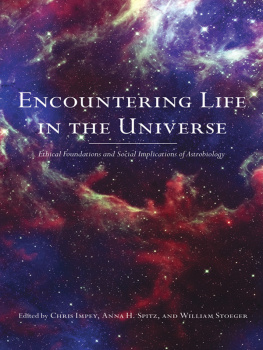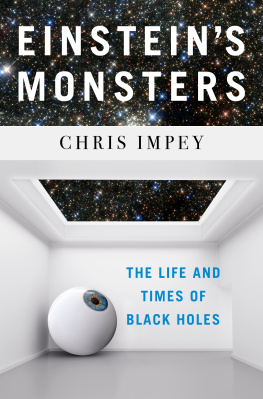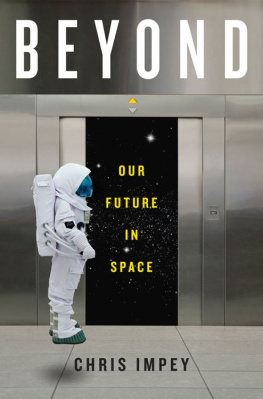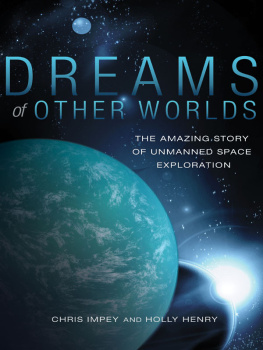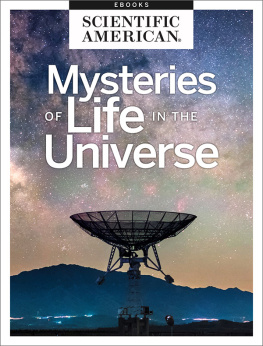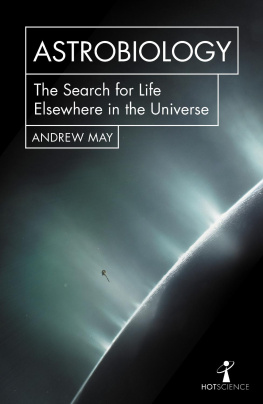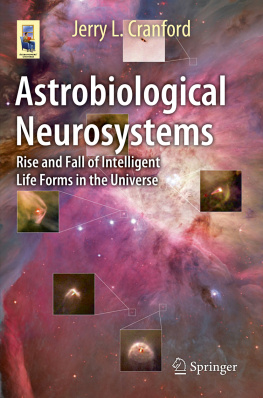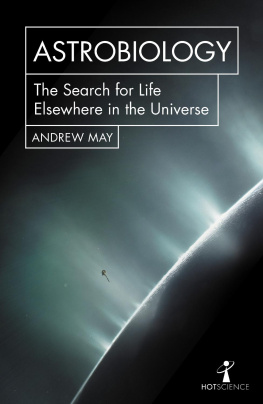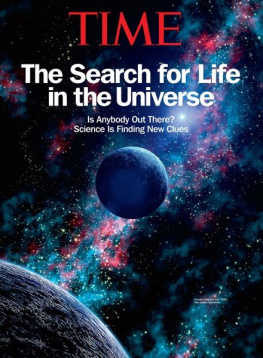Chris Impey - Encountering Life in the Universe: Ethical Foundations and Social Implications of Astrobiology
Here you can read online Chris Impey - Encountering Life in the Universe: Ethical Foundations and Social Implications of Astrobiology full text of the book (entire story) in english for free. Download pdf and epub, get meaning, cover and reviews about this ebook. year: 2013, publisher: University of Arizona Press, genre: Religion. Description of the work, (preface) as well as reviews are available. Best literature library LitArk.com created for fans of good reading and offers a wide selection of genres:
Romance novel
Science fiction
Adventure
Detective
Science
History
Home and family
Prose
Art
Politics
Computer
Non-fiction
Religion
Business
Children
Humor
Choose a favorite category and find really read worthwhile books. Enjoy immersion in the world of imagination, feel the emotions of the characters or learn something new for yourself, make an fascinating discovery.
- Book:Encountering Life in the Universe: Ethical Foundations and Social Implications of Astrobiology
- Author:
- Publisher:University of Arizona Press
- Genre:
- Year:2013
- Rating:4 / 5
- Favourites:Add to favourites
- Your mark:
Encountering Life in the Universe: Ethical Foundations and Social Implications of Astrobiology: summary, description and annotation
We offer to read an annotation, description, summary or preface (depends on what the author of the book "Encountering Life in the Universe: Ethical Foundations and Social Implications of Astrobiology" wrote himself). If you haven't found the necessary information about the book — write in the comments, we will try to find it.
Are we alone in the universe? Are the planets our playground to treat as we will, or do we have a responsibility to other creatures who may inhabit or use them? Do we have a right to dump trash in space or leave vehicles on Mars or the moon? How should we interact with other life forms?
Encountering Life in the Universe examines the intersection of scientific research and society to further explore the ethics of how to behave in a universe where much is unknown. Taking contributions from notable experts in several fields, the editors skillfully introduce and develop a broad look at the moral questions facing humans on Earth and beyond.
Major advances in biology, biotechnology, and medicine create an urgency to ethical considerations in those fields. Astrobiology goes on to debate how we might behave as we explore new worlds, or create new life in the laboratory, or interact with extraterrestrial life forms. Stimulated by new technologies for scientific exploration on and off the Earth, astrobiology is establishing itself as a distinct scientific endeavor.
In what way can established philosophies provide guidance for the new frontiers opened by astrobiology research? Can the foundations of ethics and moral philosophy help answer questions about modifying other planets? Or about how to conduct experiments to create life in the lab or about? How to interact with organisms we might discover on another world?
While we wait for the first echo that might indicate life beyond Earth, astobiologists, along with philosophers, theologians, artists, and the general public, are exploring how we might behaveeven before we know for sure they are there. Encountering Life in the Universe is a remarkable resource for such philosophical challenges.
Chris Impey: author's other books
Who wrote Encountering Life in the Universe: Ethical Foundations and Social Implications of Astrobiology? Find out the surname, the name of the author of the book and a list of all author's works by series.

